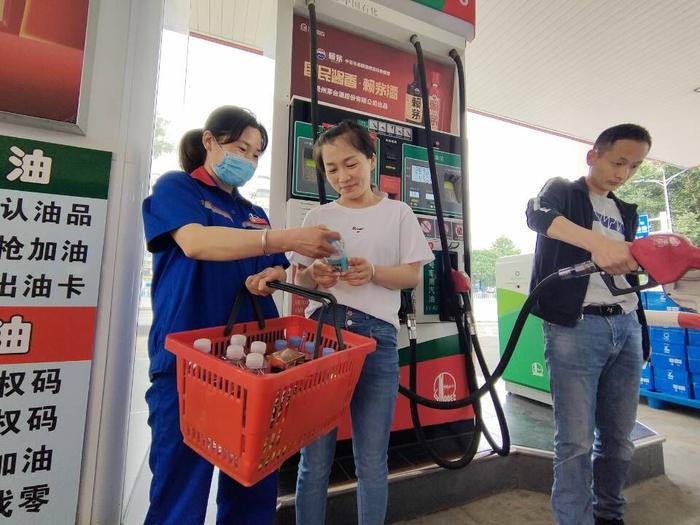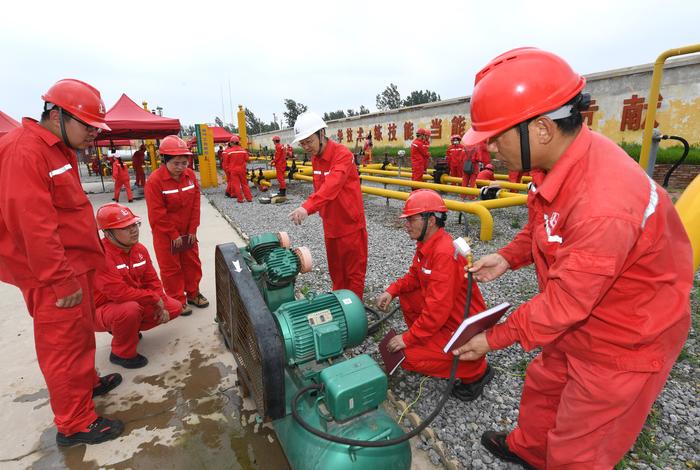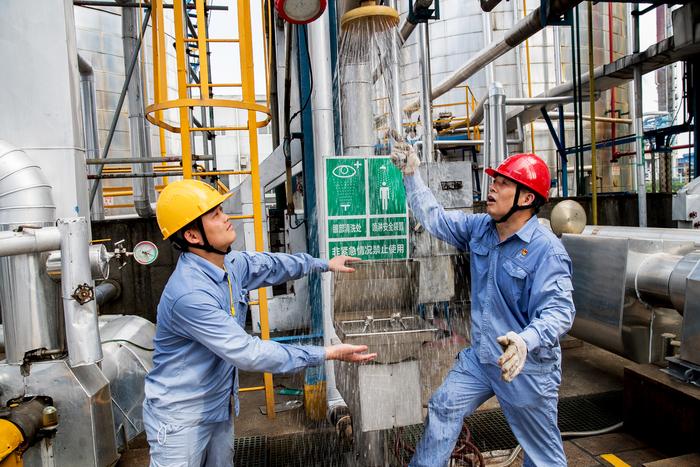|
| 2020-08-28 来源: 中国石化新闻网 |
| 石化新闻 |
中国石化新闻网讯 据8月26日City AM报道,由于新冠肺炎疫情导致需求大幅下降,沙特阿拉伯和俄罗斯的石油价格争端以及随后为稳定暴跌的油价而进行减产协议,为油气行业的并购创造了前所未有的环境。 最近的虚拟圆桌讨论会就当前市场压力和并购交易展开讨论。SS&C Intralinks公司的高级市场情报分析师Elizabeth Lim表示:“虽然短期内会有一些痛苦,但为了克服我们目前的处境,需要进行系统性和长期的变革。”并强调了近年来石油和天然气市场经常动荡的严峻形势。 Lim补充道:“短期内,我们已经看到并将继续看到上游板块出现大量的困境和生存危机,但我们也将看到中游板块和其他领域的机会。幸存下来的大公司可以看到资产收购的丰厚利润。从长远来看,很明显,为了生存,这个行业需要改变和适应。如果疫情没有发生,另一场危机就会发生。我们已经看到,气候变化和可再生能源的崛起将会持续下去。这不仅开始影响全球范围内的公司政策和战略举措,也开始影响那些受影响地区的政府决策。” Jamie Garrett表示,油气行业下游板块已经显现出很大的弹性,公用事业将电力提供给终端用户的综合模式在这一动荡时期相当稳定和成功。 Garrett称:"你将看到市场持续的聚合和整合,但我认为市场范围也将扩大。当我们谈到传统石油企业时,我们会想到壳牌这样的企业。他们非常积极地进入零售市场和新技术领域。在这些领域,他们有净零目标和ESG目标,所以我认为会开始看到更多的活动,而且规模可能会小得多。” Garrett补充称,企业将大举进入中等规模交易的低端市场,但那些资产负债表上仍有现金的企业将有机会在危机期间和危机后采取行动。 王佳晶 摘译自 City AM 原文如下: What is the “New Normal” For Oil & Gas Aftershocks of the bitter Saudi Arabia-Russia oil–price dispute and subsequent negotiated production cuts to stabilize plummeting oil prices into July, fueled by a massive plunge in demand due to the COVID-19 pandemic, have created an unparalleled environment for M&A in the Oil and Gas industry. Our recent virtual roundtable discussion, co-moderated by Molly Smith, sales manager at SS&C Intralinks and myself, featured Oil and Gas M&A industry experts Manny Grillo, bankruptcy and restructuring partner at Baker Botts; Ian Graham, senior finance director – corporate development, tax & treasury at Calgary-based Trican Well Service; and Jamie Garrett, principal at JoyCap Advisory LLC (formerly VP M&A, Direct Energy). Together, they shared their perspectives and provided historical context for this combustible combination of current market pressures and events. “While there will be some short-term pain, systemic and long-term change is needed in order to overcome where we are today,” said panelist Elizabeth Lim, senior market intelligence analyst at SS&C Intralinks, who kicked off our roundtable discussion highlighting the often-tumultuous Oil and Gas landscape in recent history. “In the short-term, we have seen and will continue to see a significant amount of distress and existential crisis for upstream, but we’ll also see opportunities in midstream and other areas,” said Lim. “Larger firms that survive could see a bonanza in asset acquisitions on the horizon.” Lim added that, in the long-term, “it’s very clear that the industry has a need for changing and adapting in order to survive. If COVID-19 didn’t happen, another crisis would have.” “We’ve already seen that things like climate change and the rise of renewables are here to stay. This is really starting to affect not only corporate policy strategic initiatives around the globe but also governments in those affected regions.” Jamie Garrett said that the industry has seen a lot of resilience on the downstream side. She observed that the integrated model of utilities delivering power generation to end-users has been quite stable and successful during this time of upheaval. “You are going to see continuing aggregation plays and consolidation in the market, but I think we are also going to see scope extension,” said Garrett. “When we talk about traditional oil players, somebody like a Shell comes to mind. They’ve been very, very active entering the retail markets and entering new technologies where they have the net-zero targets and their ESG target, so I think you’re going to start seeing more activity there, and it’s probably going to be on a much, much smaller scale.” Garrett added that companies will be “diving into the lower end of the mid-cap size transactions, but there are going to be opportunities for those companies who still have cash on their balance sheets to make moves during and post this crisis.” |








